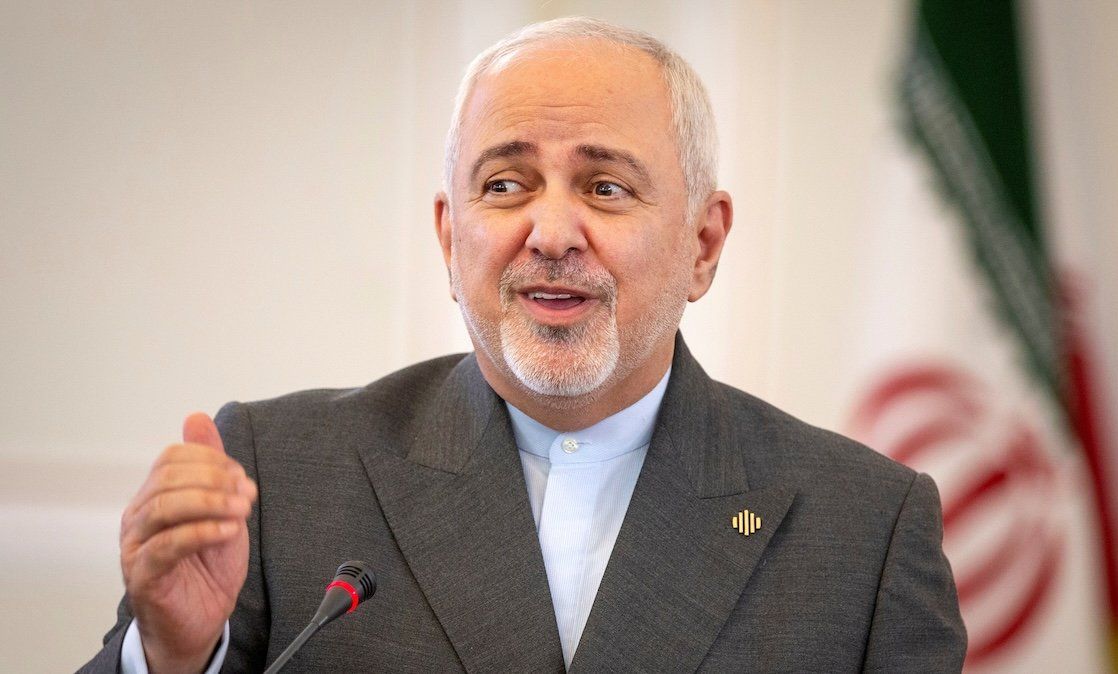Iran's outgoing VP Mohammad Javad Zarif speaks during a news conference in Tehran back in 2019.
A prominent reformist, Zarif previously served as foreign minister and was instrumental in negotiating Iran’s 2015 nuclear deal with the United States, which earned him threats of bodily harm at the time from hardliners. Since taking office, he was reportedly targeted because his American-born children hold US passports, which hardliners claim disqualifies Zarif from holding public office under Iranian law. In his resignation letter, Zarif said he had “faced the most horrible insults, slander, and threats against myself and my family,” and that it was recommended that he “return to the university.”
How will this impact Pezeshkian, who entered office promising to improve the economy and pursue sanctions relief through improved engagement with the West? According to Eurasia analyst Greg Brew, these departures are signs that Pezeshkian is failing in both respects. “Pezeshkian himself admitted that though he wants to negotiate, the leader’s stance makes it impossible to do so. In other words, he’s admitting publicly that he can’t pursue any policy that goes against Khamenei.”
Ultimately this means he has limited power, Brew explains. “Pezeshkian exercises power fitfully, and without support from the leader he’s essentially a lame duck.”
